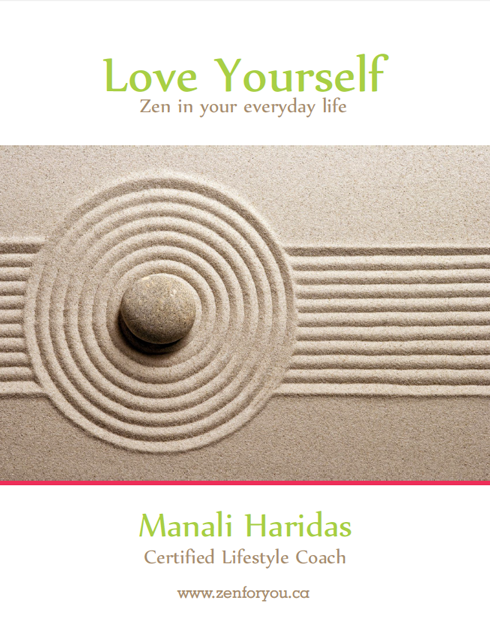Personal boundaries are the physical, emotional and mental limits we establish to protect ourselves from being manipulated, used, or violated by others. They allow us to separate who we are, and what we think and feel, from the thoughts and feelings of others. Their presence helps us express ourselves as the unique individuals we are, while we acknowledge the same in others.
Boundaries are principles that you establish in order to keep yourself feeling safe and comfortable, emotionally, and physically.
Healthy boundaries involve giving yourself the interpersonal and mental space to fully be you. They protect you from being unduly pressured into behaving in ways that you don’t want to or having your own mood, time, or mindset completely and continually drowned out by someone else’s. Establishing functional boundaries means that your connections to other people feel fulfilling and positive: they add to your life rather than encroach upon it. Without healthy boundaries, it’s very hard to be true to yourself and live in accordance with your own goals, values, and desires.
If you have certain relationships or interactions where you consistently feel that your voice is being drowned out, or that you’ve become a performer in a life where someone else is always calling the shots, it could be that you need to establish firmer boundaries. If you frequently leave interactions feeling steamrolled, taken advantage of, or violated, odds are high that you could use some help in this arena. But remember: even though setting appropriate boundaries can be tough for some of us, if we want to live a life that’s truly our own, it’s our right — and our responsibility — to do so.
Some boundaries may be trickier to set than others, but boundary-setting always goes better when you can take a deep breath and be steady, deliberate, and firm, rather than acting out in a moment of anger or panic.
Have you ever found yourself in one of these situations:
- Saying “yes” when you really want to say “no”
- Feeling guilty for saying “no”
- Keeping silent when someone doesn’t treat you well
- Giving too much in an effort to be liked or valued
- Not speaking up when someone does something rude or inappropriate
- Doing something against your will in order to keep the peace
- Assuming that people will know what you are thinking without you having to say what’s on your mind.
Top Tips for Saying Your No’s:
- Keep your response simple. If you want to say no, be firm and direct. Try to be strong in your body language and don’t over-apologize. Remember, you’re not asking permission to say no.
- Don’t elaborate. Too often, we trap ourselves by feeling like we need an alibi, or we over-explain ourselves into a corner.
- Don’t apologize. While this does have a general place in polite society, if we make it too extreme a habit, then we start convincing ourselves we are doing something wrong by setting limits. “Oh, I can’t take that on right now, but I hope you’re able to find someone.”
- Separate refusal from rejection. Remember you’re turning down a request, not a person. People usually will understand that it is your right to say no, just as it is their right to ask the favor.
- Don’t feel guilty for saying no. You are creating more time for yourself each time you say your ‘No’. You are connecting with your inner child.
Be true to yourself. Be clear and honest with yourself about what you truly want. Get to know yourself better and examine what you really want from life.
Goodluck!
Namaste.



 Welcome!
Welcome!